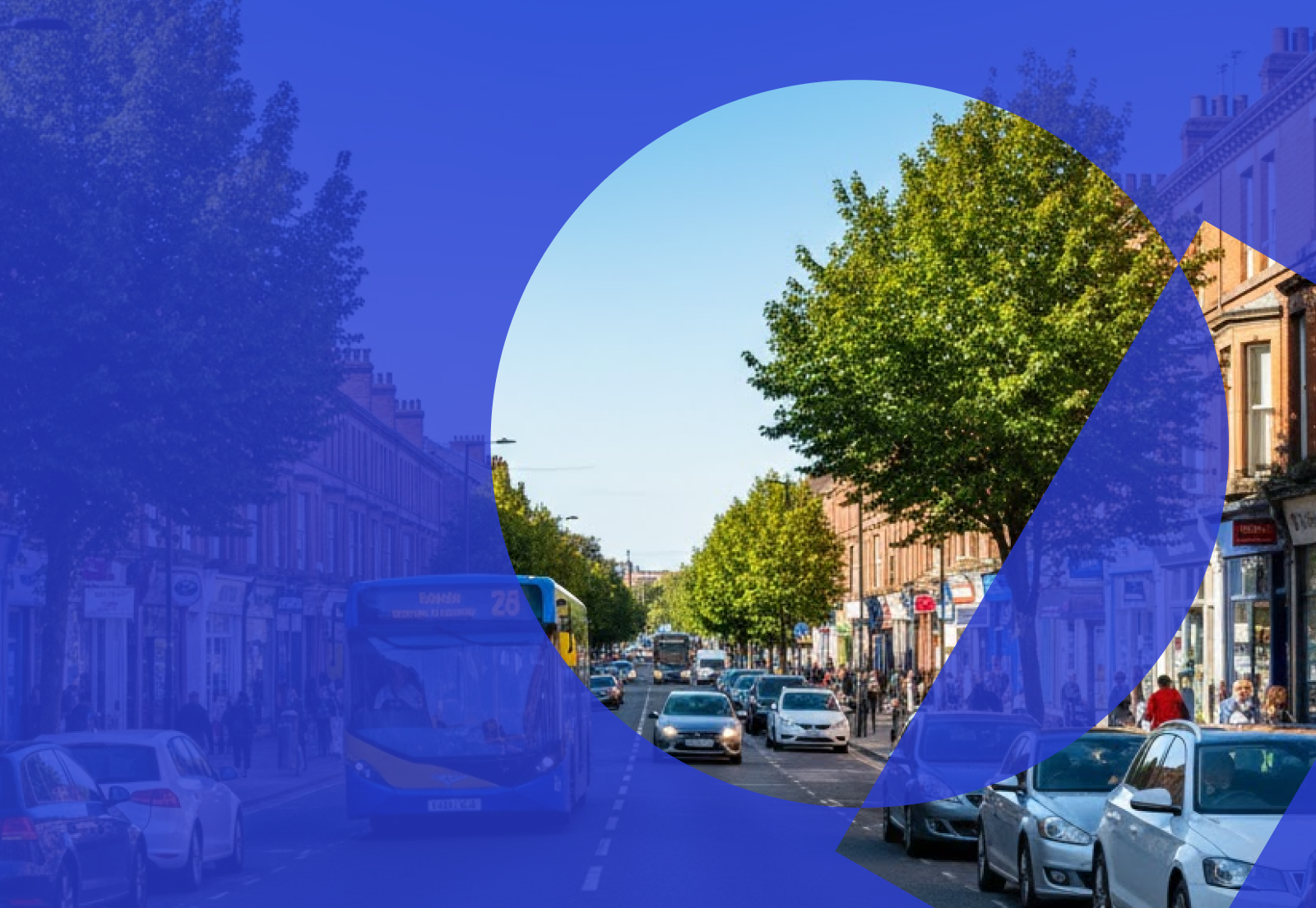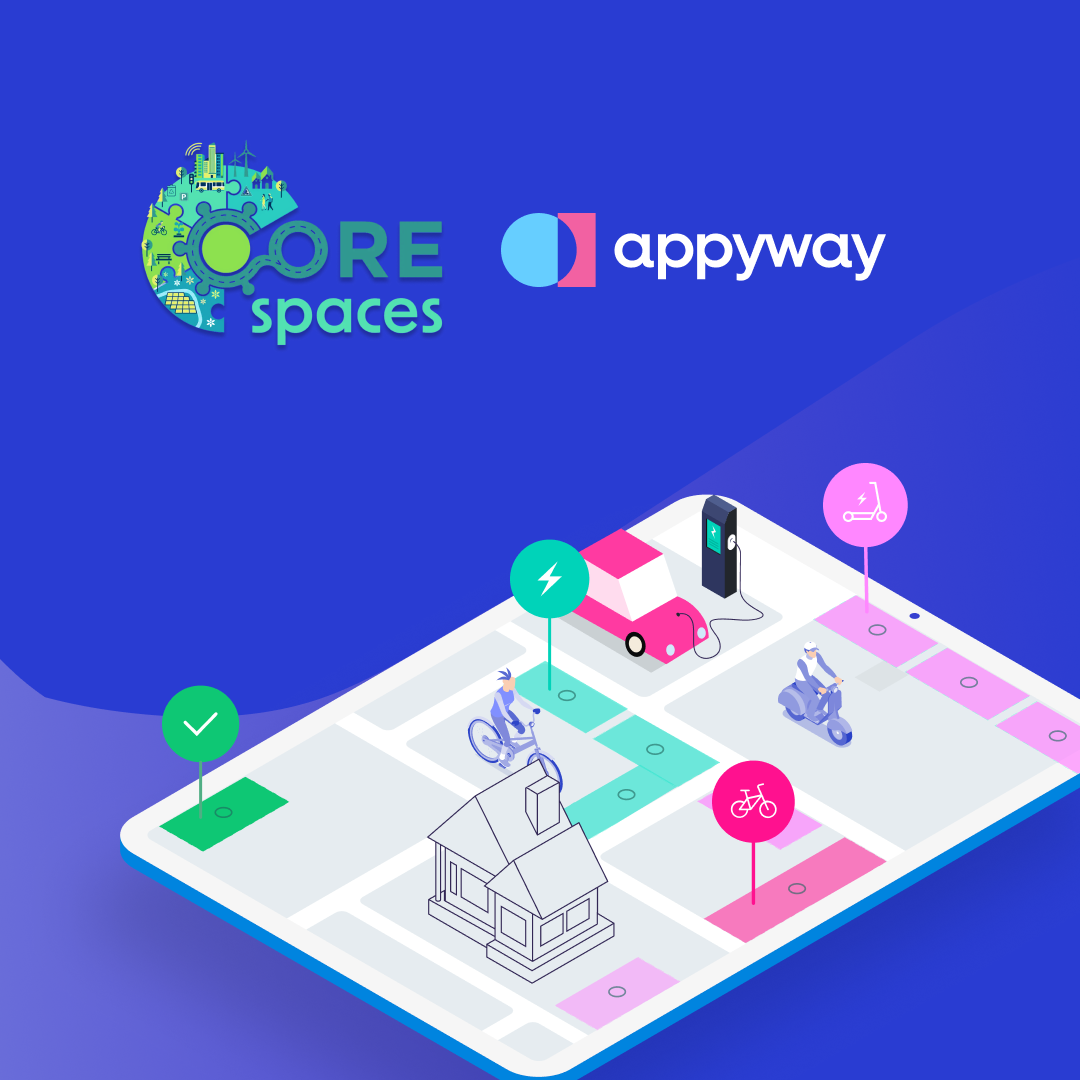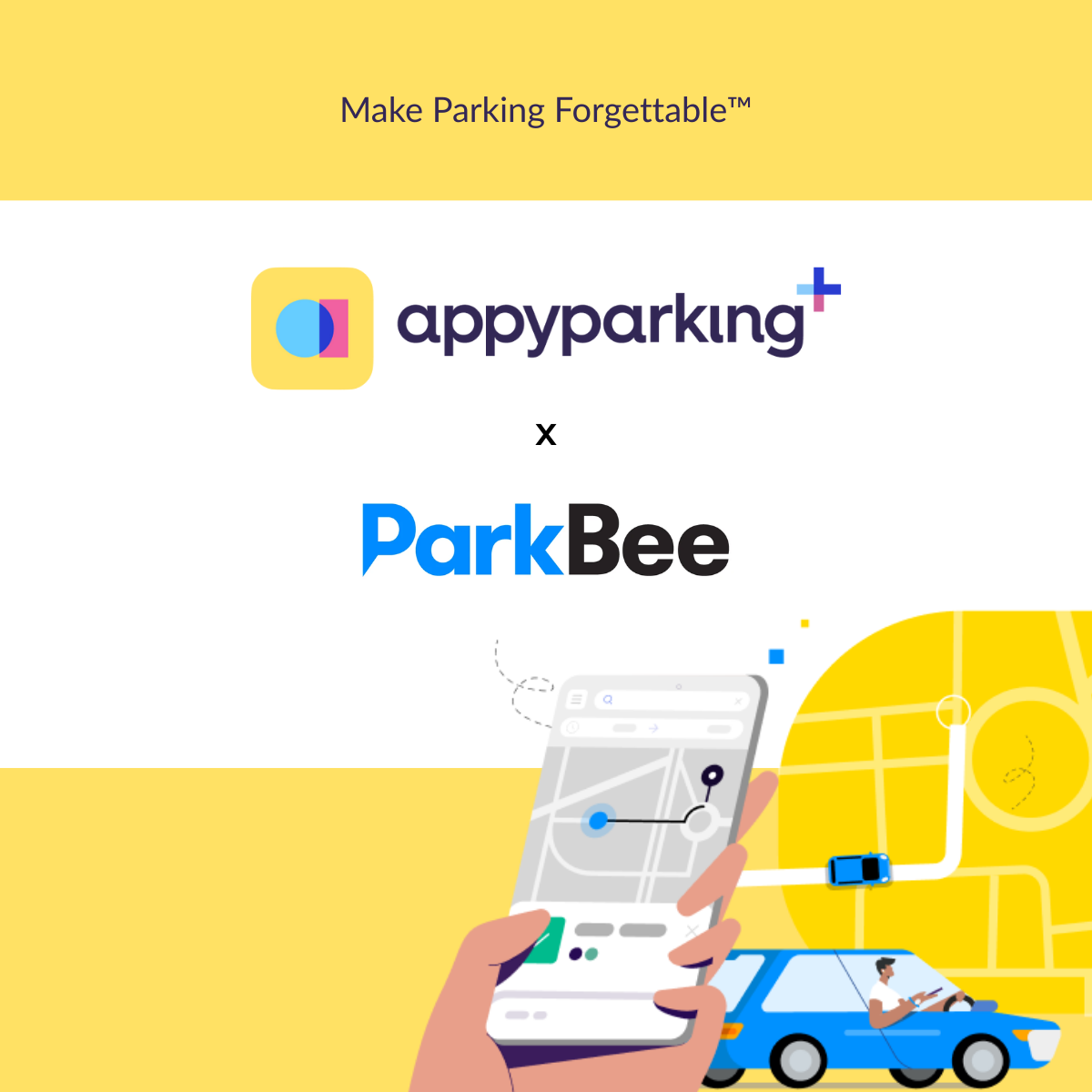Open mobility data for a better city experience
The current state of play
Here in the UK we’re very lucky that we are often some of the first in the world to use new mobility innovations that are improving how we move around and access our towns and cities.
London for example had a bike sharing scheme long before many other major international cities. Likewise ride hailing and car sharing could be found in UK cities quite quickly after their initial launches in the USA. We’ve prided ourselves on being at the forefront of transport innovation but there is one crucial aspect of mobility innovation we are yet to embrace – open, transparent, standardised mobility data.
Why is this so important you might ask? Well without it users are not realising the full benefits of the mobility on their streets.
At present the industry works in silos, creating, analysing and optimising their data and their data only. Working in this manner means that optimising the mobility ecosystem as a whole is nigh impossible. A lack of interconnectivity between mobility providers, cities and public transport inhibits true multimodal mobility, it inhibits the utopia of journey planning where users can see journeys planned with every possible combination available to them.
It can also leave cities playing policy and road space catch up. New mobility modes can enter the market quite quickly and decisions made with little to no data, or made once issues arise.
The data utopia
Back to the utopia I mentioned before, open data has the potential to create a number of benefits for city authorities, residents and businesses, these include but are not limited to:
Transparency
Open data supports public oversight of governments and organisations. It can be used to track the expenditures and impacts of new mobility solutions and initiatives. This greater transparency also encourages greater citizen participation in government affairs and improved corporate social responsibility for mobility businesses.
Public Service Improvement
Open data gives citizens the materials they need to engage with mobility initiatives and contribute to their improvement. For instance, in the case of mobility data, residents and businesses can use open data to contribute to the improvement of public transport, active travel infrastructure or make the case for new mobility options in their area.
Innovation and Economic Value
Open, accessible data is a key driver of social innovation and economic growth. Open data provides opportunities for governments, businesses and citizens to collaborate. Businesses from start-ups to big multinationals can use open data to better understand potential markets and build new data-driven mobility solutions.
Efficiency
Open mobility data makes it easier and less costly for cities and mobility operators to discover and access other datasets, which reduces acquisition costs and overheads. Open data can also empower the public with the ability to alert governments and the private sector to gaps or issues in publicly available data and to provide more accurate information.
Interconnectivity
Crucially for mobility, open data creates the level of interconnectivity needed to achieve true multimodal mobility. Public transport, connected cars, and shared and micro-mobility datasets can interact with each other and adjust journeys based on the activity within a city. This creates smoother journeys for travellers and can aid in the decrease of congestion and emissions.

Open data could connect train, bus and car journeys with micro-mobility
How do we get there
A mindset shift
It will be no easy feat for the industry to change the way it holds and shares data, and it will need to be a mobility-wide endeavour. Industry, technology, governments, city authorities and other agencies will all need to play a role in shaping this new mobility data landscape.
The private sector in particular is used to ‘owning’ customer data. The shift needed to create open mobility data and a more integrated mobility ecosystem means changing business models or working with different partners to create better end-user services.
It will mean leaving what feels comfortable but innovation never happened in the “comfort zone”.
Data standardisation
Transforming the mobility ecosystem through open data is not as straightforward as asking the industry to simply open up and share its data. A sizable hurdle the industry faces is aligning and standardising data into a format that is shareable, accessible and readable so that others can analyse and process it.
Data standardisation is crucial for many reasons. Internally, it helps establish a clear and comprehensive catalog of an organisation’s data. Externally when the industry is able to aggregate mobility data, it can begin to incorporate all the tools required for people to plan, pay and organise every leg of their journey, offering a truly multimodal journey that is completely personalised for the traveller.
Not to fear, the industry has taken notice with a number of initiatives underway to encourage standardisation across the mobility spectrum. In our realm – parking and kerbside acces – the Alliance for Parking Data Standards (APDS), formed by the International Parking & Mobility Institute (IPMI), the British Parking Association (BPA), and the European Parking Association (EPA), is a not-for-profit organization that was created to develop, promote, manage, and maintain a uniform global standard that will allow organizations to share parking data across platforms worldwide.
Even more specific and data that is close to our hearts here at AppyWay, the Department for Transport is working to improve how Traffic Regulation Orders and roads-related data might be discovered and shared. The DfT along with delivery partner Valtech, and with input from AppyWay, is delivering an Alpha project to explore how a TRO data publication and distribution system could transform how such data is accessed and published. The work builds on previous work completed during 2018/19 comprising a Discovery, draft data model development and a Policy Alpha.
APIs
So what can be done with all this lovely standardised data? Well it can be shared of course.
One way the industry is sharing this data is via API. APIs allow different sections of the mobility sphere to plug in and connect their applications. This connection is what allows apps like CityMapper for example to constantly refresh a journey plan with the latest timings and disruptions.
Here at AppyWay we know that mobility APIs are a key piece of the puzzle when it comes to making cities more accessible. One such API is the AppyWay Parking API which is packed with up-to-date, authority created parking restriction information.
Authorities can input into this API via our Traffic Suite of traffic order management tools. This suite enables local authorities to create, amend, consult upon and publish traffic orders, the legal mechanism authorities use to manage their kerbside and parking restrictions. Once published, this restriction information is shared via the AppyWay Parking API, ready for developers and fleets to incorporate into driver apps.
By using this award-winning suite, authorities can ensure that drivers who need to find parking within their authority area have the latest information to make informed parking decisions.
A company who is benefiting from the Parking API is BJS, the home delivery specialists. The tech team at BJS were able to incorporate the AppyWay Parking API within their own driver app. BJS drivers were then able to view their runsheet and plan their journey right down to the last metre, including the distance they will walk from a particular parking location to their customers’ front door. This integration is enabling their teams to deliver a high quality of service even as the UK’s roads and kerbsides face changing demands in the wake of the covid-19 pandemic.
The path ahead
Fostering an environment where mobility data is standardised, open, and shared will help mobility to thrive and innovate. A connected and plugged in mobility ecosystem will enable a joined up approach that provides users with the best possible travel experiences.
Fortunately the industry has taken notice and good progress is being made to get us to this mobility data utopia.
We’re thrilled to be a part of a group of industry leaders championing open mobility data. If you’d like to know more about our work or to speak to one of our data specialists then please contact us here.





